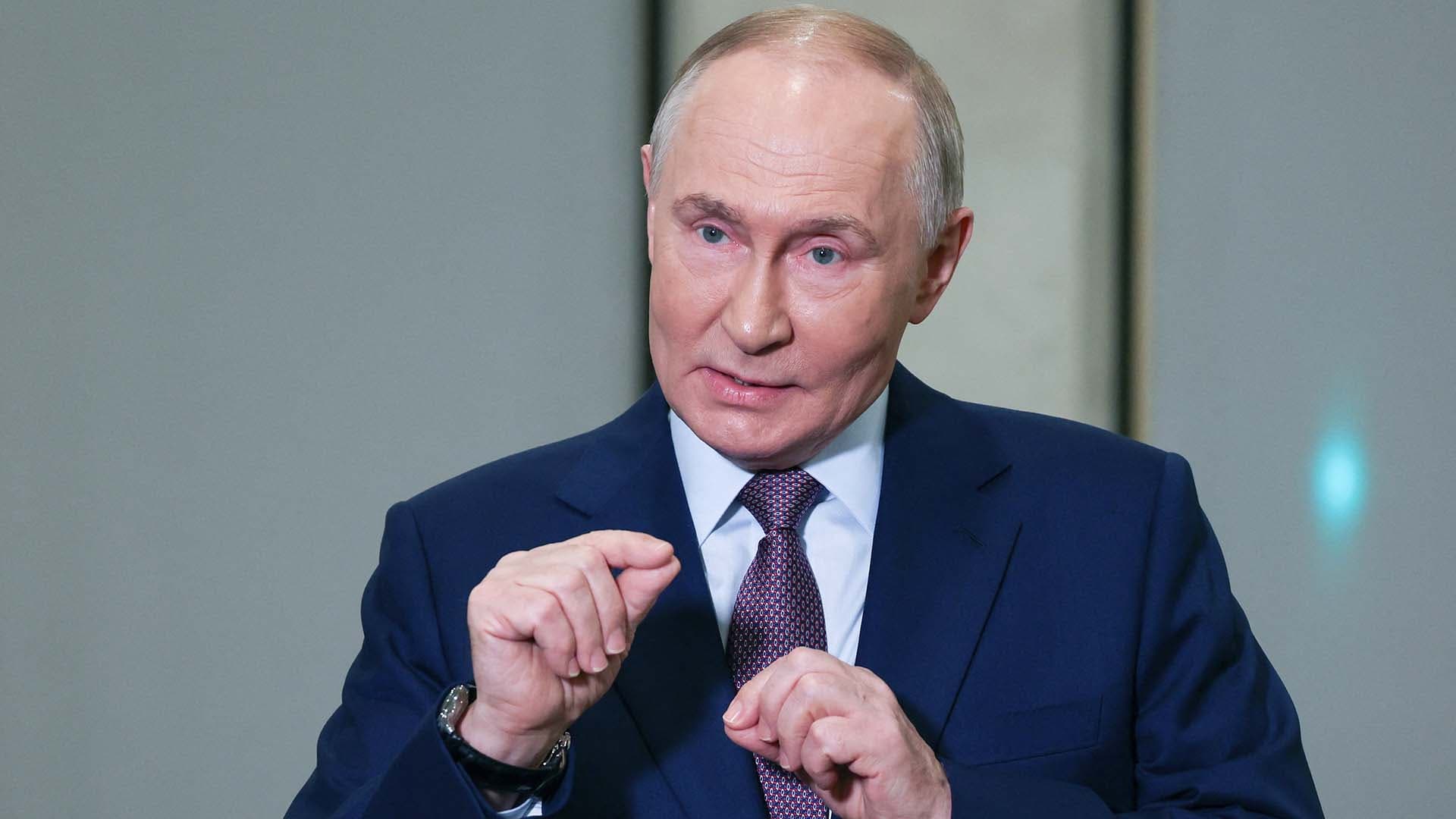We're loading the full news article for you. This includes the article content, images, author information, and related articles.
Washington's targeting of Russia's two largest energy firms, Rosneft and Lukoil, has triggered a surge in global oil prices, creating potential economic headwinds for Kenya through higher fuel and fertilizer costs.

The United States government, on Wednesday, 23 October 2025 (EAT), imposed comprehensive sanctions on Russia's two largest energy companies, Rosneft and Lukoil. In a statement, the U.S. Department of the Treasury said the measures were a response to what it termed Moscow's "lack of serious commitment to a peace process to end the war in Ukraine." The sanctions are designed to freeze all U.S.-based assets of the two oil giants and prohibit American citizens and entities from any transactions with them. Furthermore, the U.S. has warned of potential secondary sanctions against foreign financial institutions that continue to facilitate significant transactions with the sanctioned Russian firms, a move that could disrupt global energy trade. U.S. Treasury Secretary Scott Bessent stated that the action targets the primary revenue source for the Kremlin's military operations. The move was coordinated with allies, following a similar package of sanctions from the United Kingdom and a new set of restrictions from the European Union targeting Russian liquefied natural gas (LNG).
In Moscow, Russian President Vladimir Putin acknowledged the gravity of the new sanctions but maintained they would not significantly harm the Russian economy. On Thursday, 24 October 2025 (EAT), Putin described the sanctions as an "unfriendly act" and an attempt to exert pressure, stating, "No self-respecting country ever does anything under pressure." He conceded the measures were "serious" and would have "certain consequences," but expressed confidence in Russia's economic resilience. The immediate global reaction saw a significant spike in oil prices. Brent crude futures, the global benchmark, jumped by over 5% to nearly $66 a barrel in the hours following the announcement. Analysts attribute this surge to fears of a sudden supply disruption, as Rosneft and Lukoil collectively export over 3 million barrels of oil per day, accounting for a substantial portion of global supply. Major importers of Russian crude, such as India and China, have reportedly begun scaling back purchases to assess their exposure to potential secondary sanctions, further unsettling the market.
While there has been no official statement from Kenya's Ministry of Foreign Affairs or the East African Community (EAC) regarding these specific sanctions, the economic ripple effects are a significant concern for the region. Kenya, a net importer of petroleum products, is highly vulnerable to fluctuations in global energy prices. The recent surge in crude oil costs is expected to exert upward pressure on domestic fuel prices in the coming months. Kenya's Energy and Petroleum Regulatory Authority (EPRA) announced on 14 October 2025, that fuel prices for the mid-October to mid-November period would remain unchanged, with Super Petrol in Nairobi retailing at KSh 184.52. However, this pricing was based on the landed cost of imports from September, before the new sanctions were imposed. The full impact of the current global price hike will likely be reflected in EPRA's subsequent reviews. An increase in fuel prices would have a cascading effect on the Kenyan economy, raising transport costs for individuals and businesses, which in turn could lead to higher prices for essential goods and services, exacerbating inflation.
Beyond the fuel pump, the sanctions could indirectly affect Kenya's agricultural sector, a cornerstone of the economy. Russia is a key source of fertilizer for Kenya. Previous disruptions in the global supply chain due to the conflict in Ukraine have already demonstrated how fertilizer price hikes can reduce farmers' yields and threaten food security. While the new sanctions do not directly target fertilizer exports, financial restrictions on major Russian entities and potential disruptions to shipping and insurance could complicate trade and increase costs. Kenya has been increasing its wheat imports from Russia, which became the country's fastest-growing import market in the second quarter of 2024. Any new logistical or financial hurdles in this trade relationship could impact the price and availability of this key food staple. The Kenyan government has previously implemented subsidies to cushion citizens from high fertilizer and fuel costs, but such measures place a considerable strain on public finances. As the situation evolves, policymakers in Nairobi and across East Africa will be closely monitoring the global energy markets and their diplomatic and trade relationships with both Western nations and Russia. FURTHER INVESTIGATION REQUIRED.
Keep the conversation in one place—threads here stay linked to the story and in the forums.
Sign in to start a discussion
Start a conversation about this story and keep it linked here.
Other hot threads
E-sports and Gaming Community in Kenya
Active 9 months ago
The Role of Technology in Modern Agriculture (AgriTech)
Active 9 months ago
Popular Recreational Activities Across Counties
Active 9 months ago
Investing in Youth Sports Development Programs
Active 9 months ago